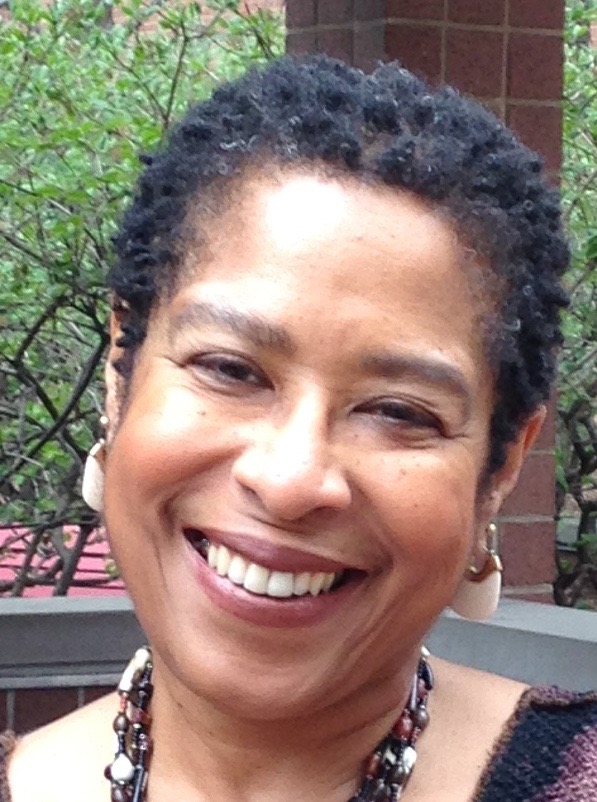 Deborah W. Holton
Deborah W. HoltonFour years ago, DePaul’s Human Resources invited eligible faculty and staff to an evening event to learn more about retirement benefits and planning. I’m grateful for the motivation that evening sparked in me. After the event, I realized that I needed to give more conscious thought to my resources, but I remember feeling un-moored, too. Beyond money and medicine, what other transitions in my life would I need to make space for? What could I do to make my life, personally and professionally, more fulfilling now? In what ways would I need to change?
These were essential questions that I didn’t have the answers to, questions that only I could answer. The more I explored them, the more I wanted to prepare myself for what I like to call my “next best me.” Who, instead of what, do I want to be? What are the ways in which I can support my changing relationship with myself and others, so that when the time comes for me to transition to my “next best me,” I have a better sense of who I am, what I need, what I want, and where I’m going?
When the time comes for me to retire, I want to know my answers to these questions, or at the very least know which questions to ask next. Saving my pennies and arranging my health benefits are critical givens. Because of my self-discovery of what matters most to me, my ability to live the life I want to live next is equally significant, not only because of what I think but more because in my heart I feel it’s right.
Having answers or at least a guidance system to help make mindful choices is what the DePaul Women’s Network brown bag workshop series on "Finding Your Own North Star" is all about.A more fulfilling life nowThere are many self-help books on the shelves that speak to living a more fulfilling life. Without poo-pooing their value, finding one that spoke directly to me wasn’t easy. That is until I started reading
Finding Your Own North Star, by Martha Beck, Ph.D. I was immediately taken with Beck. She describes her transition from her life in the academy to her calling as a “life designer.” And she presents challenging concepts with grace and a down-to-earth sense of humor. In short, she’s been there. Her text offers tools for self-discovery that are thought-provoking, compassionate, and useful now. How exciting would it be to go through this workshop with other like-minded women, women who are curious and open to self-discovery?
The brown bag seriesWe’ll meet for an hour, once a month, during the spring quarter, alternating between campuses. If you’re feeling adventurous, you can complete the assignments that Beck provides in her complimentary guide. It’s entirely up to you. Below are the chapters we’ll be using as a frame for our conversations:
Ch. 1: The Disconnected Self
Ch. 2: Reconnecting: How Your Essential Self Says “No”
Ch. 3: Getting to Yes
Ch. 4: Just Because You’re Paranoid Doesn’t Mean Everybody Isn’t Out to Get You
Ch. 5: Getting Everybody on Your Side
Ch. 6: How Holly Got Her Bod Back
Ch. 7: Soul Shrapnel: Repairing Your Emotional Compass
Ch. 8: Reading Your Emotional Compass
Won’t you join me?
If you are in the midst of a professional or personal transition in your life, why not come to the DePaul Women’s Network brown bag series, where I will facilitate a series of structured conversations centered on self-discovery? This series is not just for those of you who are planning for retirement, but for all women at DePaul who are interested. The registration links for each meeting will be listed on the main page of the DWN website under
Upcoming Events.
Deborah W. Holton is an associate professor in the School for New Learning and a member of DWN’s Membership and Engagement team.